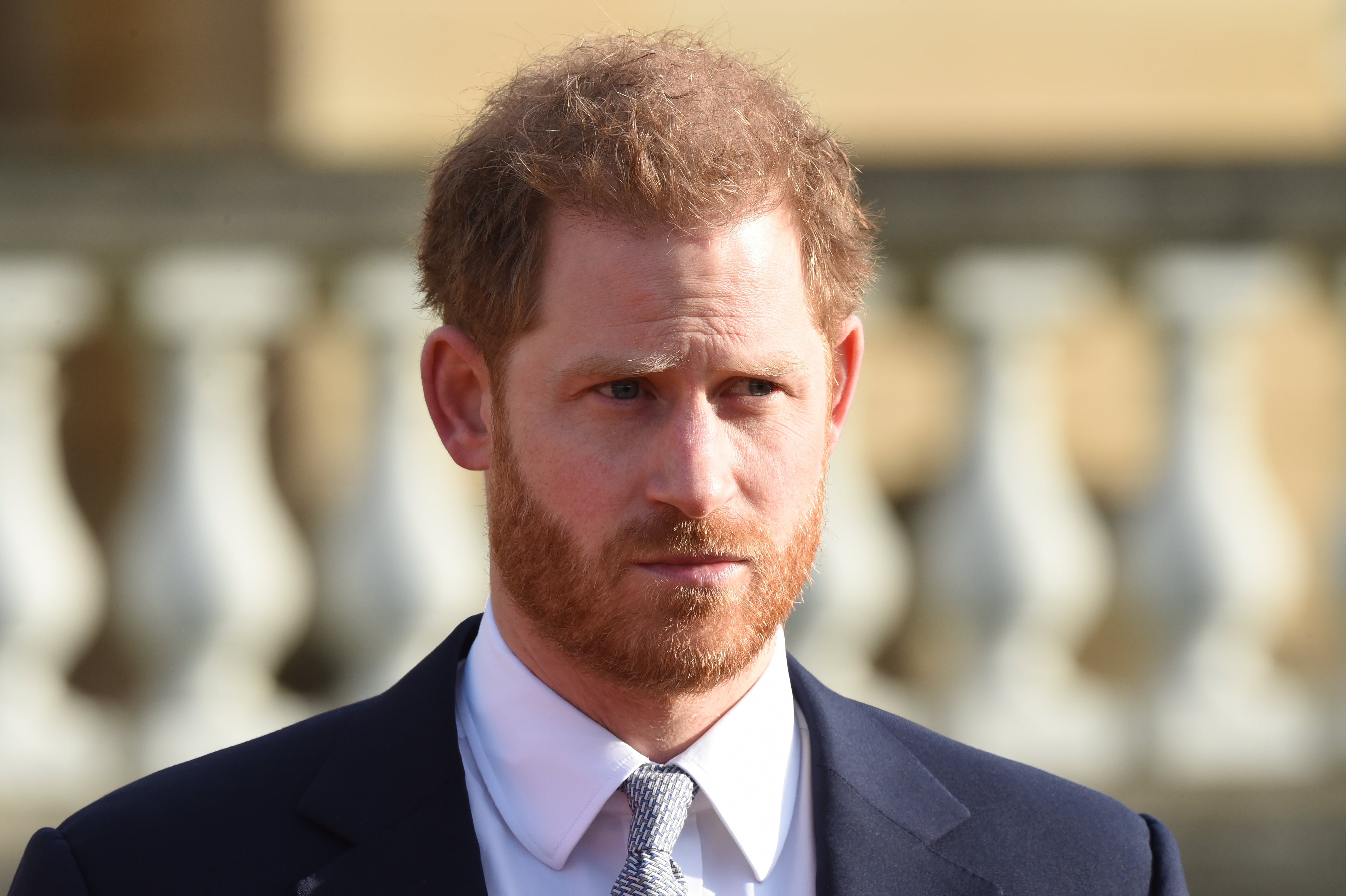Harry’s offer to pay for security ‘irrelevant’, High Court told
The first hearing in the Duke of Sussex’s legal claim against the Home Office took place on Friday in London.

The Duke of Sussex’s offer to pay for his own police protection is “irrelevant”, Home Office lawyers told the High Court in the first hearing of Harry’s claim against the department.
Harry is suing over a decision not to allow him to pay for police protection for himself and his family while in the UK.
The duke wants to bring his children to visit from the US, but his barrister told the High Court on Friday that he “does not feel safe” when visiting under the current security arrangements.
He is arguing that his private protection team in the US does not have adequate jurisdiction abroad or access to UK intelligence information which is needed to keep his family safe.
It goes without saying that he does want to come back to see family and friends and to continue to support the charities that are so close to his heart
On Friday, the first hearing in the case took place at the Royal Courts of Justice in London, which Harry did not attend.
At the preliminary hearing, the court heard there was an application by both sides for some parts of the court documents in the case to be kept private.
Introducing the case, Shaheed Fatima QC, for the duke, said: “This claim is about the fact that the claimant does not feel safe when he is in the UK given the security arrangements applied to him in June 2021 and will continue to be applied to him.”
She continued: “It goes without saying that he does want to come back to see family and friends and to continue to support the charities that are so close to his heart.
“Most of all, this is and always will be his home.”
The duke briefly returned from Los Angeles last year for the July 1 unveiling of the Diana, Princess of Wales memorial statue and, the day before, on June 30, he met seriously ill children and young people at a WellChild garden party and afternoon tea in Kew Gardens, west London.
It is understood the duke’s car was chased by photographers as he left.
Ms Fatima later said that before the claim was issued “the claimant asked the defendant to engage in alternative dispute resolution”.
Harry is challenging the February 2020 decision of the Executive Committee for the Protection of Royalty and Public Figures (Ravec) over his security.
A legal representative for Harry previously said the duke wants to fund the security himself, rather than ask taxpayers to foot the bill.
However Robert Palmer QC, for the Home Office, told the court the duke’s offer of private funding was “irrelevant”.
In written submissions, he said: “Personal protective security by the police is not available on a privately financed basis, and Ravec does not make decisions on the provision of such security on the basis that any financial contribution could be sought or obtained to pay for it.”
He said Ravec had attributed to the duke “a form of exceptional status” where he is considered for personal protective security by the police “with the precise arrangements being dependent on the reason for his presence in Great Britain and by reference to the functions he carries out when present”.
The barrister added: “A case-by-case approach rationally and appropriately allows Ravec to implement a responsive approach to reflect the applicable circumstances.”
The Home Office’s written arguments also claim that Harry’s offer of funding was “notably not advanced to Ravec” at the time of the duke’s visit in June 2021, or in any pre-action discussions.
Mr Palmer later said in the written submissions that the duke had “failed to afford the necessary measure of respect” to the Home Secretary and Ravec as “the expert, and democratically accountable, decision-maker on matters of protective security and associated risk assessment”.
My submissions are being heralded by trumpets
He added that the Home Office will “seek the costs incurred as a result of this claim in full, including those of the confidentiality exercise, which has resulted in costs being incurred to the public purse”.
Friday’s stormy weather and high winds in London frequently interrupted the in-person proceedings as the courtroom’s windows rattled and made loud noises.
At one stage Mr Palmer joked: “My submissions are being heralded by trumpets.”
He told the court there was “near-total agreement” about what aspects of the documents should be redacted.
Harry’s bid for a review of the Home Office decision was filed in September and has not yet been granted or denied permission for a full hearing.
The duke and his wife Meghan now live in the United States with their children Archie and Lilibet.
The couple lost their taxpayer-funded police protection in the aftermath of quitting as senior working royals in early 2020.
They were later forced to disclose they had put in place “privately funded security arrangements” for their move to the US, after then president Donald Trump said his country would not pay for their protection.
The hearing in front of Mr Justice Swift continues, with a written judgment due at a later date.
